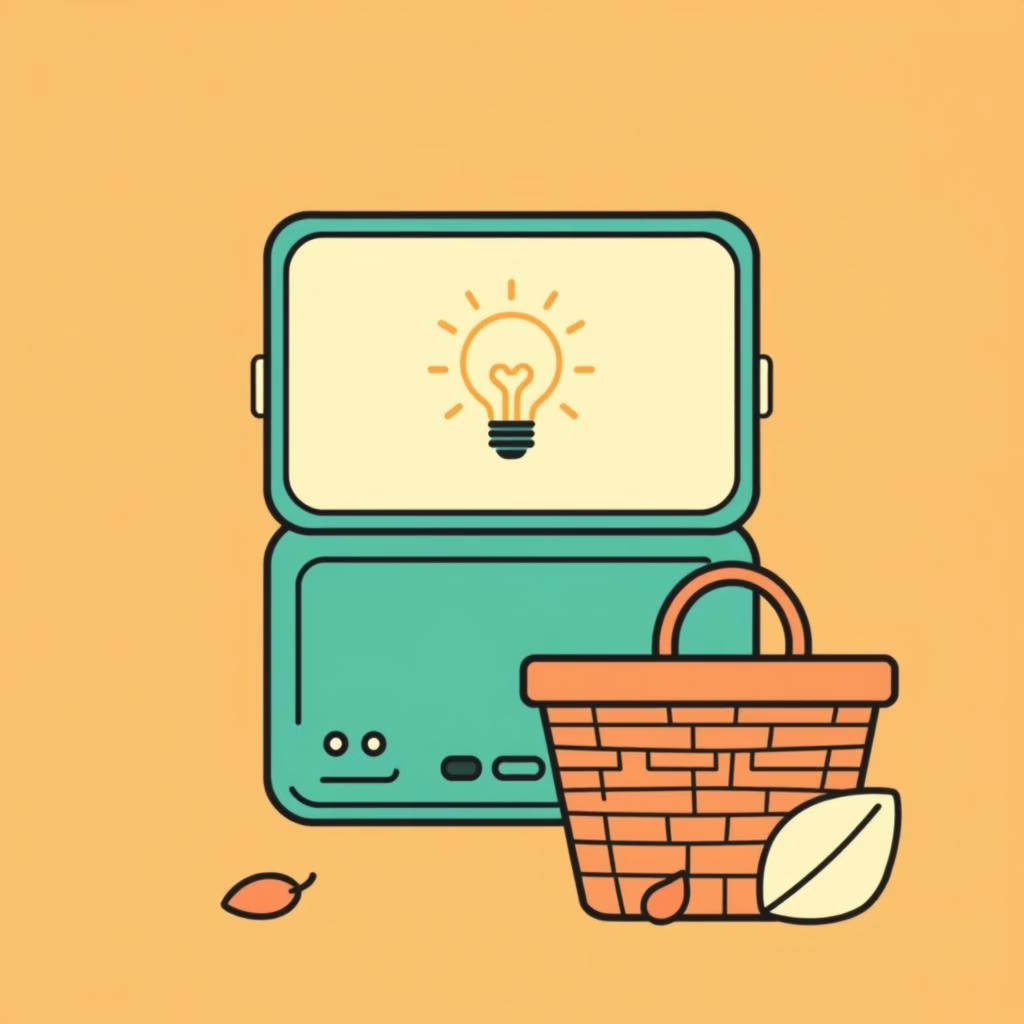
Watching a child rebuild a tower after it tumbles—that stubborn grin of discovery—is how we’ll prepare them for a world reshaped by AI. OpenAI’s push to expand economic opportunities through free certifications and job matching isn’t just corporate news. It’s a mirror for us parents: how do we nurture that same resilient spark when technology transforms work itself? The answer might surprise you—it’s less about screens, more about the sandbox.
Fluency Over Fear: AI as a Playful Partner

Just like learning to ride a bike, AI skills stick when they’re wrapped in play, not pressure. OpenAI Academy’s new tiered certifications—from workplace basics to prompt engineering—turn abstract tech into relatable tools. Remember how your kid once turned cardboard into a spaceship? That same imaginative leap thrives when AI becomes a collaborator. Picture using it on a sun-dappled afternoon like this one to brainstorm picnic ideas, then trading the tablet for a real basket to gather snacks together. The screen? Merely a springboard for hands-on giggles and grass-stained knees.
What’s revolutionary here is the shift from seeing AI as intimidating to viewing it as a friendly nudge for creativity. When your child asks, “Can it help me write a story about squirrels with jetpacks?” lean into the “let’s find out!” Then close the laptop to act it out with leaves and stuffed animals. That shift from digital ideas to tangible play builds real confidence. No exams needed, just shared wonder. Which brings us to…
The Magic in ‘What If?’ (Not ‘What Now?’)

OpenAI’s Jobs Platform connects real skills to real opportunities, but for little ones, “real” means playful curiosity. Why not turn tonight’s meal into a “what if” game? “What if AI planned our park adventure?” Let imaginations soar: “It’d find hidden ladybugs!” or “Warn us about wobbly swings!” Then step outside to test those ideas. The learning isn’t in the perfect prompt—it lives in the laughter when your crew debates whether squirrels need helmets.
OpenAI’s insights show fluency grows through practical experimentation, not click-through drills. Similarly, kids absorb most when we follow their lead. Skip forcing “AI lessons”; instead, nurture the courage to ask wild questions during play. That’s the mindset employers will cherish when your child enters the workforce—and it starts with believing burnt cookies can still be funny.
Your Child’s Unhackable Superpower

Here’s the hopeful truth: generative AI might boost productivity by 0.1-0.6% annually through 2040, as McKinsey research indicates, but it can’t replicate what happens in a playground hug. Compassion when sharing the last swing. Resilience after losing a game. Creativity turning sticks into swords. OpenAI’s focus on connecting human talent to jobs highlights a reality we know in our bones: technology amplifies humanity; it doesn’t replace it.
The most valuable skill for tomorrow’s economy? Emotional intelligence. So yes, let them tinker with drawing apps—but prioritize the park where they negotiate tag rules fairly. Let AI help plan a scavenger hunt, then savor the messy, joyful process of finding treasures together. In the AI era, kindness remains the ultimate currency. And it’s built one sandbox interaction at a time, not in a certification.
Planting Seeds Without Pressure

OpenAI’s free Academy reminds us: opportunity blooms without pressure. For kids, this means following their curiosity, not rigid curriculums. If they’re fascinated by robots, explore how they assist farmers—not through lectures, but by growing basil on your windowsill and guessing how machines might water it. On days as clear and calm as this one, take questions outdoors: “How would an AI describe this breeze?” Then close your eyes to feel it—discussing whether wind has a color or a song.
This isn’t about prepping for jobs that don’t exist yet. It’s cultivating adaptability, the quiet strength behind every meaningful skill. When a tower falls (again!), resist fixing it. Ask, “What would you change next time?” This builds self-trust—shaping not just AI skills, but life skills. Because the most future-proof trait is the joyful willingness to try again, dusting off grass and grinning.
The Journey Is the Destination
As WEF/PwC notes, AI-driven value creation thrives when it’s good for workers and the economy. For parenting, that means the magic isn’t in perfect outcomes—it’s in the shared moments of discovery. You don’t need to be a tech expert; just stay curious alongside your child. Ask “I wonder why…” more than “Do this.” Let them teach you how their drawing app works while you show them how to spot bird nests.
That warm afternoon light outside? It’s your invitation to balance digital sparks with real-world connection. The certifications and job platforms matter, but they’re just tools. What endures is the confidence your child carries when they know: No algorithm can replace their heart, their grit, or the way they make others laugh. And that’s a future worth building—one block, one breeze, one rebuilt tower at a time.
Source: Expanding Economic Opportunities and Jobs Through AI, C Sharp Corner, 2025/09/05
